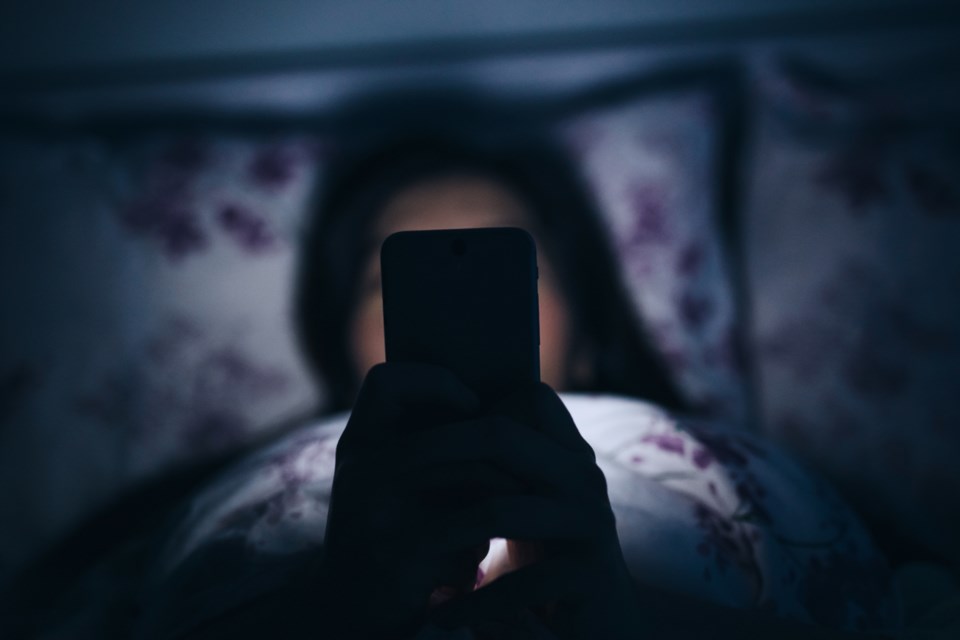Addiction is defined as a strong or compulsive desire to choose actions that feel beneficial even though they have long-term negative consequences. The seemingly improved wellbeing in the moment feels good, fills a perceived need (or want), and alleviates stress or distress. But in the long-run the choice has adverse or even grave consequences, especially if the individual cannot change the behaviour. Addictions are considered disorders of the mind involving chemicals (endorphins, dopamine and adrenaline) and the function of brain circuits concerning reward, stress, and self-control.
Addictions are part of the human experience. We all have addictions – some of which we acknowledge or have some awareness, others of which we are totally unaware. People mainly associate the word with food, smoking, drugs and alcohol. However, there are many types of addictions that afflict humanity.
Foods are addictive (due to the sugar, salt or fat and chemicals added by the manufacturers to create specific addictions) and even eating can be addictive (binge eating). Alcohol, smoking, vaping, pharmaceutical pain meds and recreational drugs are often addictive.
There are also many personality addictions: to drama, to being right, to conflict, to being a victim, to passive aggressiveness, to attention seeking, to being in control, to competition and winning, to telling others what to do, to rescuing others, to needing approval and validation, to lying and storytelling, to diminished self-esteem, to suffering itself. These may seem like character traits but when they become chronic, they convert to addictive behaviours that may really damage relationships and mental wellness.
Pain can be addictive (ask anyone with multiple tattoos). Scab picking is addictive. Sex and/or pornography can be addictive. Compulsive shopping (retail therapy) and hoarding can be addictive. Plastic surgery can be addictive when associated with body dysmorphia, a condition that deeply affects self-image and self-esteem.
Screen addiction affects much of society in some way or another. Social media addiction gives a false sense of connection to others as well as an elevated boost to self-esteem based on the number of “likes” from (often) complete strangers. Gaming addiction has claimed many of our children, especially our boys, due to dopamine and adrenaline (the addictive chemicals released in their brain when they kill the bad guy or complete a mission in their favourite game). Gambling is a powerful addiction that claims the financial wellbeing of too many. Binge watching our favourite TV show is also addictive. Watching horror movies or violence on tv, or the internet can be addictive. Thrill seeking, dangerous behaviour and speed creates an adrenaline rush which is addictive. Workaholics are addicted to work. There are many more addictions but I wanted to shed light on a few of the uniquely human addictive issues that affect us.
I had a deep meditation a few years ago and was contemplating the human condition. The words “It’s time to heal addictions” came into my mind in a very clear way. I didn’t really understand what it meant, but I am beginning to understand now. If we want to be free of our addictions, we need to acknowledge and decide to heal. However, we cannot do it alone. If our addictions are causing problems in our life and affecting our physical health, mental health, relationship health and spiritual health then it is time to seek support.
There are steps to dealing with addictions but those will be covered in another article. One of the first things to do is be aware of our addictions without judgment or shame. They are not our fault and are part of being human, but if we want to change, we need to commit to the process of change. There is great potential for personal growth and increased self-love associated with acknowledging and healing our addictions.
“Believe you can change and you’re halfway there” - Theodore Roosevelt
Claire Nielsen is a health coach, author, public speaker and founder of www.elixirforlife.ca. The information provided in the above article is for educational purposes only and is not a substitute for professional health and medical advice. Please consult a doctor or healthcare provider if you're seeking medical advice, diagnoses and/or treatment.




